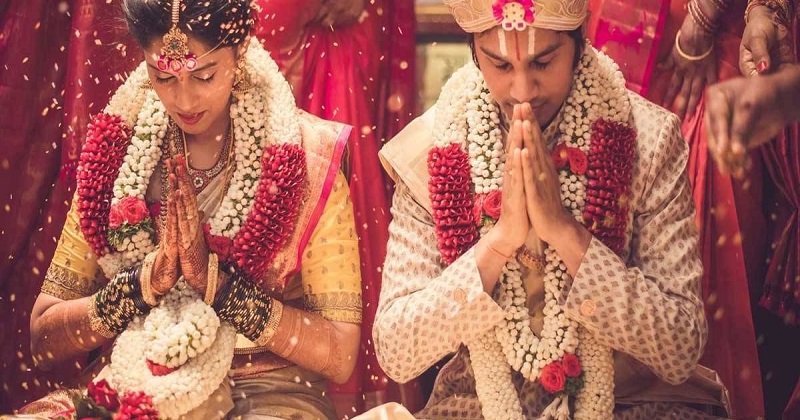
The Delhi High Court on Friday emphasized the need for a Uniform Civil Code (UCC), saying that youth from various communities, tribes, castes, or religions who marry ‘ought not to be forced to struggle with issues’ arising from conflicts in various personal laws, particularly concerning marriage and divorce.
According to the court, modern Indian society is ‘gradually becoming homogeneous’ and ‘traditional barriers of religion, community, and caste are gradually dissipating.’ The hope expressed in Article 44 of the Constitution that the state will secure a Uniform Civil Code for its citizens should not be left unfulfilled. In 1985, the Supreme Court ordered that the judgment in Ms. Jordon Diengdeh be forwarded to the Ministry of Law so that appropriate action could be taken. However, it has been more than three decades since then, and it is unclear what steps have been taken in this regard to date,’ wrote Justice Prathiba M. Singh in a judgment.
Read Also: 6 Serial Killers Who Have Massive Fan Following
The court made the remarks in response to a petition challenging the applicability of the Hindu Marriage Act, 1955 to a couple from the Meena community. Although the marriage was solemnized according to Hindu rites, the wife argued in response to her husband’s divorce petition that the Act does not apply to them because they are members of a notified Scheduled Tribe in Rajasthan and thus fall under the exclusion under Section 2(2) of the Act.
The trial court agreed with the woman’s argument and summarily dismissed her husband’s divorce petition. However, Justice Singh noted in the ruling that the marriage was performed according to Hindu traditions and that the exclusion only serves to safeguard the customary practices of recognized tribes.
As stated by the court, creating a common code would allow for uniform principles to apply to various aspects of personal law, including marriage and divorce, successions, and so forth, so that citizens would not have to deal with conflicts and contradictions in individual laws. Additionally, it ordered that its decision be forwarded to the Secretary of the Ministry of Law and Justice ‘for any necessary action deemed appropriate.’

Post Your Comments